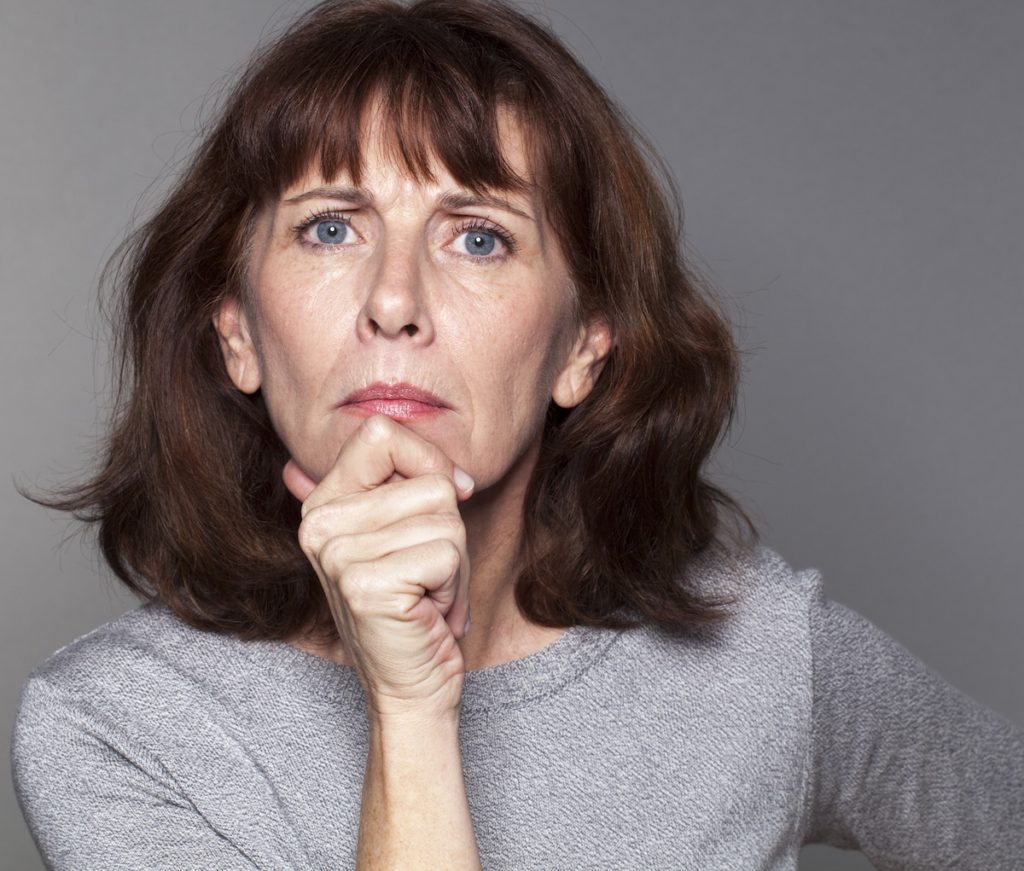Lorelie Rozzano is a guest blogger for Vertava Health.
Why Do I Keep Enabling My Addicted Loved One?
Carol (not her real name) is an intelligent woman who says she feels confused about enabling her adult daughter and wonders why she keeps doing it when she knows it’s not helping. Carol wonders if her actions are just part of her mother makeup or if other people enable too. To answer Carol’s question; enablers are those who take responsibility for an addicted person’s actions. They can be your spouse, ex-partner, parents, adult children, siblings, or friends. They, like Carol, love someone who is out of control. Enablers over-function in their role of fixing, allowing the addicted person to under-function in all areas of their life. Enabling puts the addicted person in the role of dependent thus creating a debilitating and crippling, pathological relationship. Enabling, like drug addiction, is a symptom of something deeper going on. Addicted persons almost always use to avoid pain and/or trauma. So do persons who enable. Enabling is an unhealthy behavior that falls under the same umbrella as addiction. Both are used to avoid uncomfortable situations and emotions. Enabling is most often guilt or fear-based. Most of us know we can’t control the people we love. But even with this knowledge, we still experience intense pain and unhappiness when we’re unable to make our loved one well. Our emotions change from moment to moment and bring with them a cascade of moods, feelings and thought patterns—many of which increase our unhappiness and some of which are self-destructive. To cope with the stress you may find yourself resorting to unhealthy behaviors like the ones below. Making threats but not following through. It’s natural to feel hurt when the person you love puts their drug of choice before you. You’ve threatened, cajoled and begged. Nothing works. You put your foot down and say ‘enough!’ But enough is not possible when one struggles with addiction. In fact, there is never enough. Families feel anxious when they don’t know where their addicted loved one is. They fear the worst. Fear of what they don’t know becomes greater than the discomfort of living in what they do. Your home becomes a revolving door, creating a self-perpetuating cycle of leave and return. Putting the addicted person’s needs first. In healthy families, everyone can get their needs met. But in families with addiction, only the addict’s needs are being met. Substance Use Disorder is a selfish me, me, me – illness. Persons with it are absorbed in self. Their most significant relationship isn’t with their family, it’s with their drug of choice. To counteract the pain of living this way, families find other unhealthy ways to shut down their emotions and learn to put up with or tolerate use and neglect. Blaming other people for the actions of the addict. Confronting the addicted person in your home can end up in an ugly yelling match. Family members learn it’s not safe to confront their loved one and fear if they do they might cause them to use again or relapse. Because it’s not safe to confront the addicted person, family members can turn on each other. Husbands and wives blame each other for not doing enough or doing too much. Grandparents or siblings may be blamed. The drug dealer or the boss may be the culprit. The sick person is seen as the victim. Blaming others allows the addicted person to avoid taking responsibility while the family continues to deteriorate and fracture apart. Yelling, crying and mood swings. Loving an addicted person hurts. Your moods become dependent on them. If they’re having a good day, then you are too. If they’re having a bad day, you try and fix it for them. You’ve done everything in your power to make them happy and well again. You’re exhausted and it’s taking its toll. You’re riding an emotional roller coaster. You don’t want to lash out at your addicted loved one and chance another relapse but you can’t keep your feelings in. You yell, scream and cry. You may even find yourself lashing out at well-meaning family and friends. Feeling sorry for yourself. You may recognize your life is out of control. It’s getting harder to put on the mask, so you isolate and worry constantly about the addicted person. This fixation perpetuates obsessive thoughts which cause more alarm and chaos in your thinking and actions. You feel lonely and long for the close, intimate relationship you once had. With no one to talk too, your feelings can become debilitating and toxic. Author John Gardner explains it as: Self-pity is easily the most destructive of the non-pharmaceutical narcotics; it is addictive, gives monetary pleasure and separates the victim from reality. In families struggling with addiction, love turns into fear and helping becomes control. Fear is meant to be temporary. You’re not supposed to build a lifestyle around it. Pain is like a flashlight. It lights up obstacles we might otherwise trip over and harm ourselves on. Pain or other uncomfortable emotions are a sign that something needs to be addressed in ourselves either physically, emotionally, cognitively, or spiritually. Addiction thrives in secrecy and isolation. Healing and recovery happen with support and connection. Life’s pivotal moments don’t come through contemplation, they’re found in action. Stop letting fear control your life. The only thing worse than feeling miserable today is waking up tomorrow and feeling it all over again. If you or someone you know needs help, please call this confidential support line for assistance. 844-470-0410.


